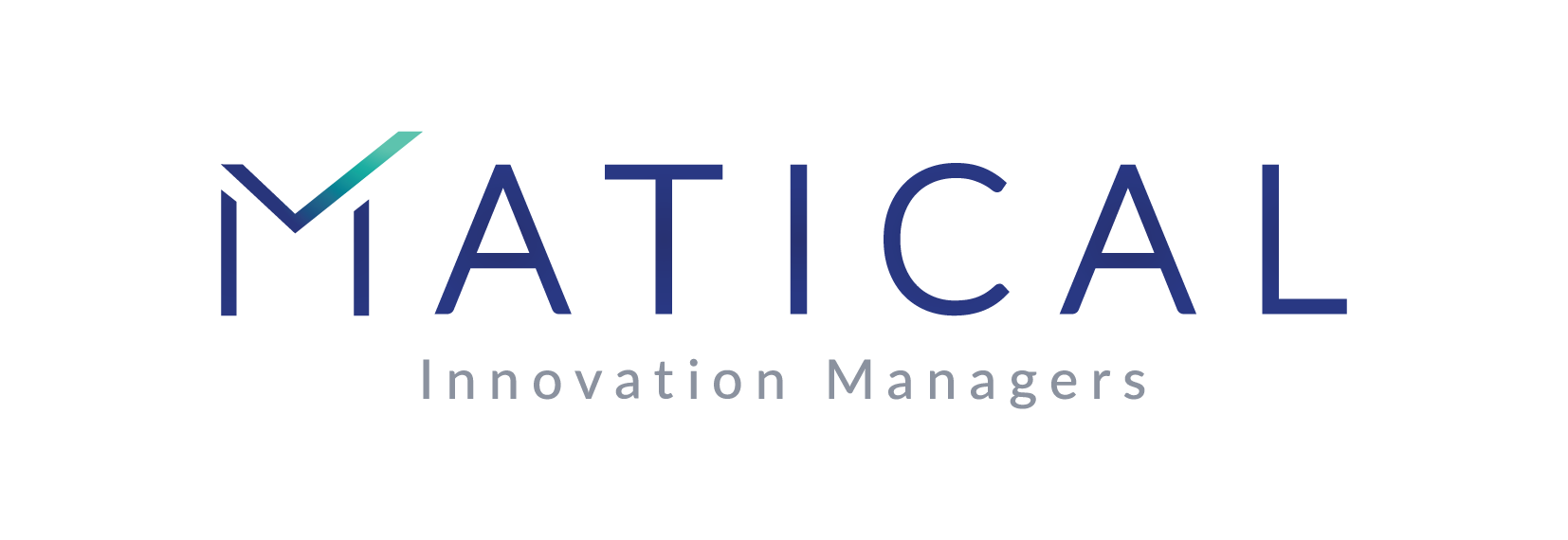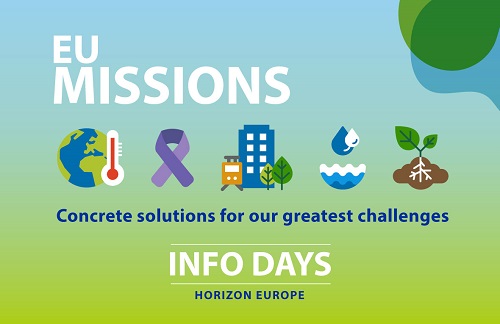[av_textblock size=” font_color=” color=” av-medium-font-size=” av-small-font-size=” av-mini-font-size=” av_uid=’av-k9sh383r’ custom_class=” admin_preview_bg=”]
Only one out of five SMEs in the EU are highly digitised, and they represent over 99% of all businesses in Europe. The Digital Innovation Hubs (DIH) is a European Union initiative aimed at facilitating the digital transformation of the EU business ecosystem, facilitating the experimentation and uptake of technologies coming from 6 main areas: Big Data and AI, IoT, Manufacturing/Industry 4.0, Robotics, HPC and Photonics .
To bridge the current digitalization divide, the EU proposed the implementation of Digital Innovation Hubs (DIHs) as a key priority in the Digitising European Industry Initiative. Digital Innovation Hubs (DIHs) are not-for-profit one-stop-shops that support companies, notably SMEs, and the public sector in their digital transformation. At the core of the DIH there is normally a research & technology organisation (RTO) or university lab offering in collaboration with partners. DIHs’ support can be summarized in the following 4 points:
- Test before investing: Experimentation with new digital technologies – software and hardware (e.g. artificial intelligence, High Performance Computing, Cybersecurity, Blockchain…) – to understand new opportunities and return on investments
- Skills and training to make the most of digital innovations: boot-camps, traineeships, exchange of curricula and training material
- Support to find investments and financing projects, either by grant or private funds.
- An innovation ecosystem and networking opportunities
[/av_textblock]
[av_image src=’https://matical.com/wp-content/uploads/2020/05/Digital-Innovation-Hub-Matical.jpg’ attachment=’5155′ attachment_size=’full’ align=’center’ styling=” hover=” link=” target=” caption=” font_size=” appearance=” overlay_opacity=’0.4′ overlay_color=’#000000′ overlay_text_color=’#ffffff’ copyright=” animation=’no-animation’ av_uid=’av-k9sh6b3b’ custom_class=” admin_preview_bg=”][/av_image]
[av_textblock size=” font_color=” color=” av-medium-font-size=” av-small-font-size=” av-mini-font-size=” av_uid=’av-k9sh7spl’ custom_class=” admin_preview_bg=”]
From 2016 to 2020 the EU has invested €100 million per year to support networking between different DIHs across Europe to help SMEs and mid-caps to go digital. Hubs are usually specialised on certain technologies and applications, no one hub has all necessary competences, they need to work together to give SMEs the access to the solutions they need. EU actions on DIHs have been carried out through EU-wide initiatives such as Smart Anything Everywhere (SAE) and ICT Innovation for Manufacturing SMES (I4MS). More than 150 Digital Innovation Hubs and 500 Start-ups, SMEs and mid-caps have taken part so far in 370 different innovation experiments where companies tested digital innovations in collaboration with DIHs. By 2020, approximately 2000 innovative SMEs across Europe would have received this kind of support from the EU through the DIHs to accomplish their digital transformation.
DIGITAL INNOVATION HUBS ACROSS THE EU
To help DIHs effectively collaborate and network, European Commission has set up an online catalogue. An interactive map with over 300 operational DIHs, helps the identification of hubs around Europe and facilitates networking as well as new DIHs initiatives.
[/av_textblock]
[av_image src=’https://matical.com/wp-content/uploads/2020/05/DIGITAL-INNOVATION-HUBS-ACROSS-THE-EU-MATICAL.jpg’ attachment=’5159′ attachment_size=’full’ align=’center’ styling=” hover=” link=” target=” caption=” font_size=” appearance=” overlay_opacity=’0.4′ overlay_color=’#000000′ overlay_text_color=’#ffffff’ copyright=” animation=’no-animation’ av_uid=’av-k9sh9w2z’ custom_class=” admin_preview_bg=”][/av_image]
[av_textblock size=” font_color=” color=” av-medium-font-size=” av-small-font-size=” av-mini-font-size=” av_uid=’av-k9shap5y’ custom_class=” admin_preview_bg=”]
Several EU initiatives and projects are shaping the pan-European network of DIHs, in six main areas:
- ICT Innovation for Manufacturing SMEs (I4MS)
- Smart Anything Everywhere (SAE)
- Open Data:
- Data Pitch Innovation Programme
- Open Data Incubator Europe (ODINE)
- Robotics
- European Coordination Hub for Open Robotics Development (ECHORD++)
- ROBOTT-NET
- Robotics Digital Innovation Network (RODINE), Coordination and Support Action
- Photonics
- Access Centre for Photonics Innovation Solutions and Technology Support (ACTPHAST 4.0)
- Empowering Photonics through Regional Innovation Strategies in Europe (EPRISE)
- High Performance Computing (HPC)
- Supercomputing Exercise for SMEs – SESAME NET
- EIT Digital (from the European Institute of Innovation and Technology) will also contribute to the network of DIHs through its project MIDIH.
- In addition, the DIHNET.EU Coordination and Support Action will coordinate the whole network of Digital Innovation Hubs.
How to get involved
- If you are an organisation willing to be part of a consortium that coordinates EU projects related to Digital Innovation Hubs, two calls on Digital Manufacturing (I4MS) and Big Data are currently in their evaluation phase. One is open now under the Horizon 2020 programme on Photonics.
- If you are an SME, mid-cap or startup interested in testing and implementing digital innovations, you can apply for several open calls from EU projects on Digital Innovation Hubs.
What services should European Digital Innovation Hubs provide and who can apply?
European Digital Innovation Hubs should ensure that all businesses and public administrations can benefit from the capacities built up under Digital Europe, i.e. HPC, AI, Cybersecurity and Advanced Digital Skills. For their local functioning, the hubs are usually focusing on the Smart Specialisation Strategy from their Region, covering a combination of sectors and technologies.
The policy goal is that there is always a European Digital Innovation Hub within working distance from a company, and that every hub will support their local companies in a practical manner, avoiding administrative burden. However, if companies need support which cannot be delivered by the local DIH because they do not have those competences, other DIHs in the network that do have this expertise or equipment should help. Exporting and importing expertise between regions through the DIHs will lead to real European added value made possible through Digital Europe.
Any DIH or consortium, which can deliver the services, may be designated by the Member States during the expression of interest phase. DIH consortia may include co-location nodes of the European Institute of Technology, organisations that are in the catalogue of Digital Innovation Hubs, organisations involved in national or regional digitalisation initiatives, Research and Technology Organisations involved in ICT Innovation for Manufacturing SMEs (I4MS) or other Horizon 2020 initiatives, or any other organisation that would have the competence and capacity to deliver the service.
How will different European programmes contribute to the implementation of DIHs?
[/av_textblock]
[av_image src=’https://matical.com/wp-content/uploads/2020/05/How-will-different-European-programmes-contribute-to-the-implementation-of-DIHs-Matical.jpg’ attachment=’5161′ attachment_size=’full’ align=’center’ styling=” hover=” link=” target=” caption=” font_size=” appearance=” overlay_opacity=’0.4′ overlay_color=’#000000′ overlay_text_color=’#ffffff’ copyright=” animation=’no-animation’ av_uid=’av-k9shev30′ custom_class=” admin_preview_bg=”][/av_image]
[av_textblock size=” font_color=” color=” av-medium-font-size=” av-small-font-size=” av-mini-font-size=” av_uid=’av-k9shf6p0′ custom_class=” admin_preview_bg=”]
Matical Innovation is member of the IOT Digital Innovation Hub since March 2020. Matical brings its experience in the design and management of AI-based projects in the health sector like PRIMAGE (Medical Imaging Artificial Intelligence Childhood Cancer Research) and QUIBIM (Quantitative Imaging Biomarkers) and its medical research network.
[/av_textblock]









